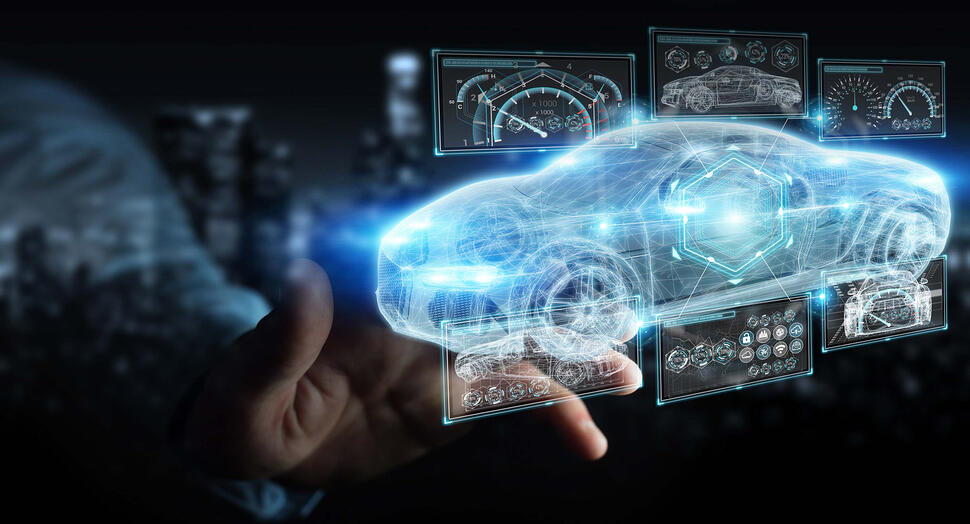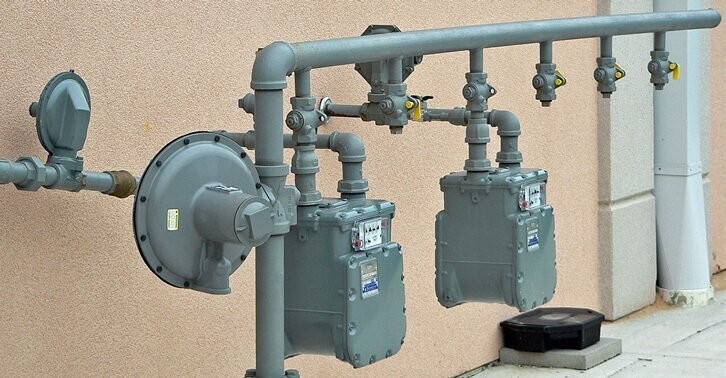Industries are being transformed with the Internet of Things (IoT) and the hospitality industry is no different. The Internet of Things (IoT) can completely change how the hospitality industry collects data, interacts with its guests and automates its processes. In this quick read, we will learn how a new paradigm in hospitality can emerge with Internet of Things (IoT).
Applying Internet of Things (IoT) solutions facilitates and empowers hotels, resorts, cruise ships, casinos and restaurants. Some of its benefits are:
Optimizes processes: improves procedures by cutting costs, boosting productivity and creating new services. IoT solutions automatically manage operations and enable hospitality industry organizations to be up to date with energy utilization and workload.
Increases efficiency: by monitoring vital infrastructure that enables predictive maintenance.
Higher personalization: gives a better understanding of customer wants and preferences that improve the guest experience.
Applications of (IoT) in the Hospitality Industry:
Delivery robots: through the use of Artificial Intelligence (AI), sensors and Machine Learning (ML), a hotel’s room service can be automated. Autonomous indoor delivery robots are a real thing and not a pipe dream.
Interactive mirrors: there are smart IoT solutions which transform a simple mirror into an interactive information station. Such solutions allow the guest to manage a hotel’s room amenities, atmosphere and entertainment.
Automated check-in: hotels are automating the guests’ check-in procedures by adopting IoT-enabled self-service kiosks. The reasons why more and more hotels are heading towards self-service kiosks is because they enable guests to skip queues and receive the keys to their rooms faster.
Asset tracking: real-time monitoring and tracking of critical tools and equipment can drastically improve procedures of different departments or functions.
Consumables monitoring: using IoT solutions, hotels can can monitor when consumables, such as soap, are running low in the guest rooms. This allows efficient inventory management.
Smart locks: rather than using the key cards hotels have been using and guests have been losing, guests can use phone apps as their room key with IoT enabled devices.
Voice controlled service: hotel guests can give commands into the voice controlled service in their rooms to book a spa session for example.





